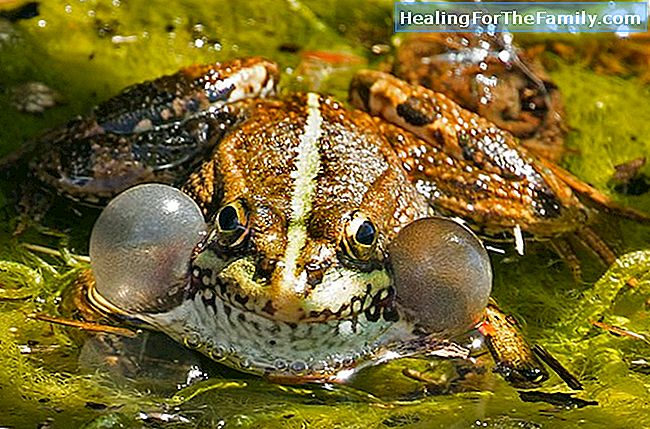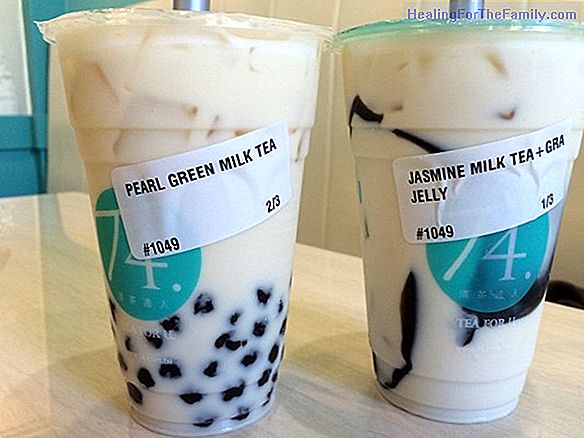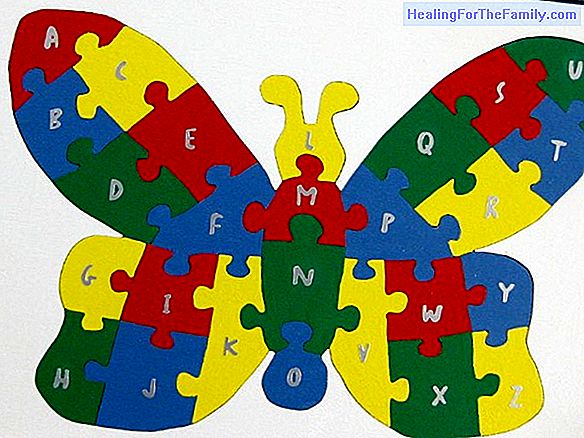Foods that clean the teeth of children
The toothbrush is an essential element to maintain oral hygiene, but this has not always been the case. Dental pathology, especially caries, increased exponentially when refined sugars became part of the normal diet of the human being. But nature had planned to be able to eliminate the remains of fo
The toothbrush is an essential element to maintain oral hygiene, but this has not always been the case. Dental pathology, especially caries, increased exponentially when refined sugars became part of the normal diet of the human being.
But nature had planned to be able to eliminate the remains of food well without the need for other objects. And that is still the case. The mouth has mechanisms to carry out to a large extent the 'self-analysis', that is, the self-cleaning of itself, if we favor that the own mouth works with all its potential. And is that the first 'scrubbing' is the tongue itself, and the first 'detergent' saliva. What is the role of food in cleaning the mouth of childrenWhen one of the two things does not work (tongue and saliva cleaning), either a low lingual mobility such as a short lingual frenum, or a Shortage of saliva due to medication that makes the mouth dry, will increase the risk of cavities and gingivitis. And for this to work properly, it is also important that the lips are well sealed during feeding, that is, eating with your mouth closed.
But in addition to these natural mechanisms,

the food itself will exert a dragging function
and cleaning the tooth surfaces. Hard foods que, which require a vigorous chewing, will stimulate the production of saliva and muscle mobility of the tongue, lips and cheeks, which will function as rubbing against teeth and teeth. Everything that can be crushed with the fingers does not need to be chewed, and the only thing that is achieved by eating it is that it stays attached to the chewing surfaces of the molars, which are irregular precisely to increase the power of chewing (that's why they are called 'muelas', because they are for grinding, and meatballs, empanadillas, burgers, croquettes or chips do not need to be ground, but as much softened and crushed). Foods that favor children's dental hygiene Breakfast:At breakfast it will be better to eat a bread toast than a cookie or a muffin. If we prefer 'box' cereals, the müesli is ideal, while the rest of 'cereals' are conglomerates with a high sugar content that is impossible to eliminate completely even after a vigorous brushing.
Mid-morning:
To take to school it will always be more advisable to bring Gouda-type cheese with bread from a bar and a small bottle of water than a 'liquid yoghurt' and a bread sandwich. You can alternate with a ham sandwich, or with fresh fruit such as apple, peach, pear, tangerines ... The fresh fruit is refreshing, satisfying, tasty, colorful ... and cheaper. At lunch and dinner:
In the main meals, the fresh vegetables also carry out a correct self-analysis, and therefore we prefer a salad that is too cooked and soft. Many children enjoy eating 'little trees' of broccoli or carrot sticks or peppers, or even peas freshly removed from the pod. Fillet meat (not minced meat) also requires lateral movement of the jaw, to one side and another, and increases the amount of saliva and strength of muscles, bones, ligaments of the teeth and temporomandibular joint.
Really always ends up coming to the same conclusions: a diet with the most natural food possible
, as free as possible of added sugars, that is not sold in boxes or packages, and little processed is the healthiest option, which more away from infectious diseases (caries, gingivitis, periodontal disease) and malocclusions.












